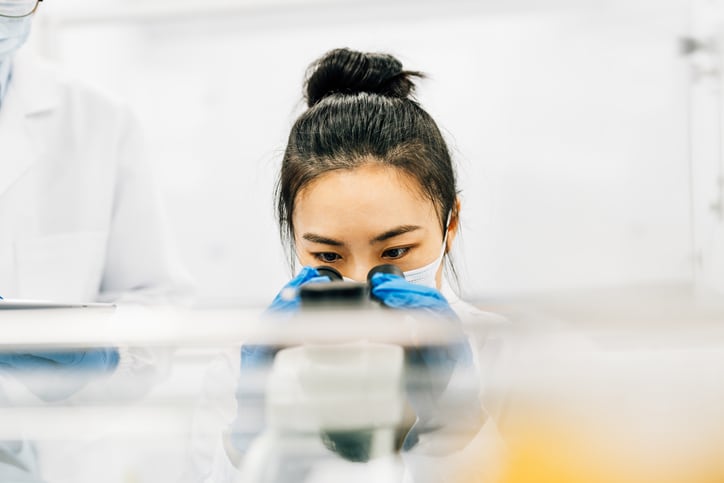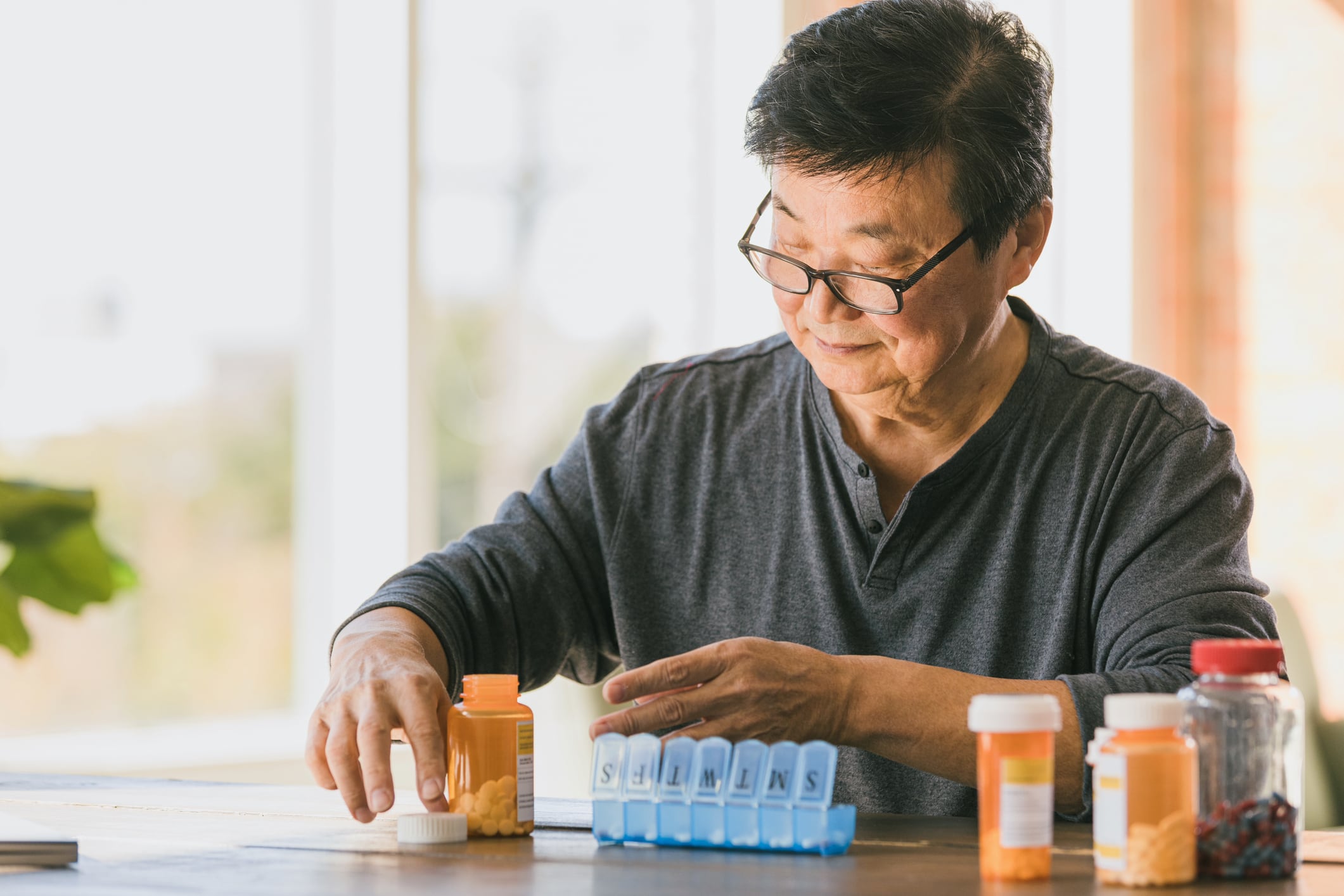Those between 31 and 40 years old reported the strongest interest in engaging with healthy longevity medicine clinics.
Some reasons could be that this group of adults are often in the middle of their career paths or family building and may be increasingly aware of the long-term value of optimal health strategies.
The above is according to the findings of the HELO survey, which explores Singapore adult residents’ views towards lifespan, healthspan, and healthy longevity medicine.
The survey is an initiative of the HELO Consortium, an international group of researchers dedicated to advancing the science of healthy longevity.
Other SEA countries involved in the consortium are Indonesia and Thailand which are studying intergenerational families in Java and adult Thai residents respectively. Other countries involved the UAE, the Netherlands, Hungary, Switzerland, and the US.
The Singapore research team is led by principal investigator Professor Andrea B Maier, also the co-director of Centre for Healthy Longevity, Yong Loo Lin School of Medicine at the National University of Singapore.
Findings of the survey were published in a report titled “Healthy Longevity in Singapore: Insights from the HELO Survey to Guide Policy Change.”
The HELO Survey was conducted via door-to-door visits from June 24 to August 11, 2024. It was also conducted online from July 8 to August 20, 2024.
A total of 3,034 adults were involved in the survey. Of which, 2,003 responses were gathered through door-to-door interviews and 1,031 via the online questionnaire.
The median age of the respondents was 46, with slightly more than half (54.1 per cent) being women.
One of the key findings was that over half of the respondents - 55.5 per cent - had expressed interest in attending a healthy longevity medicine clinic after knowing its scope of services, which include comprehensive assessments and personalised strategies to optimise health.
This is in spite of a poor understanding of longevity-related jargons such as “healthspan” - which refers to the duration of years without physical limitations and without an age-related disease.
According to the findings, less than half (43.1 per cent) of the respondents were able to correctly identify “healthspan” as the number of years one lives in good health.
“Lifespan” is the other term that is mentioned when it comes to topics on longevity.
In this case, about four in five (82.3 per cent) of the respondents could correctly define it as the total number of years that a person is alive.
Chronological age and biological age are also often mentioned in the longevity discourse.
So far, there has been research on tools and clocks for measuring biological age and how to become biologically younger by adopting lifestyle changes and supplementation of certain nutrients.
Based on the HELO survey, less than half of the respondents were also aware of the concept of “biological age”.
Specifically, 45.3 per cent knew the definition of biological age, and an even lower number - at 38.9 per cent - think that biological age can be lowered.
Despite the reportedly low awareness of healthy longevity, the fact that more than half were interested in attending longevity clinics showed that there are opportunities for public education and services provided in this area.
Examples of longevity clinics that are already operating in Singapore include Chi Longevity and one opened by Alexandra Hospital back in 2023.
These clinics offer biological age assessments, gerodiagnostics, and gerointerventions.
“Despite growing attention to ageing and longevity in recent years, the concept of healthspan remains poorly understood by the public...
“Yet this lack of public awareness does not necessarily translate into disengagement. More than half of the respondents (55.5 per cent) expressed interest in attending a healthy longevity medicine clinic after being introduced to its scope of services.
“This signals an important opportunity - that with targeted public education and accessible services, healthy longevity medicine could successfully be integrated into already existing care pathways and health infrastructure,” said the report.
Policy recommendations
Based on the survey findings, the report proposed seven policy recommendations in supporting healthy ageing in Singapore.
The first of which is to set up accredited healthy longevity medicine clinics within academic medical centres.
These clinics could be used to conduct research on feasibility, effectiveness, and cost-efficiency of implementing such services.
“Findings can inform the eventual scaling of health longevity medicine services into existing healthcare structures and ultimately into the Healthier SG initiative,” said the report.
The second recommendation is to integrate healthy longevity medicine into the Healthier SG program - a government initiative that aims to help Singaporeans achieve better health outcomes and lower healthcare costs.
Another recommendation is to invest in geroscience and geromedicine research.
This include supporting public-private partnerships, clinical trials, and translational research focused on biological ageing, biomarkers, geroscience, and gerotherapeutic interventions.
The researchers believe that doing so could position Singapore as a global leader in healthy longevity medicine clinics, and to attract high-value investment in longevity health-tech and biomedicine.
Having government-led initiatives is also in line with the public’s expectations.
According to the survey report, a substantial proportion of respondents across all ages believe that the government should lead in making health choices, ensuring healthy ageing.
This is especially the case for individuals above 51 years old. “An increased proportion of the older generation answered ‘probably yes’ and ‘definitely yes’ when asked if they think the government is responsible for health choices,” said the report.





